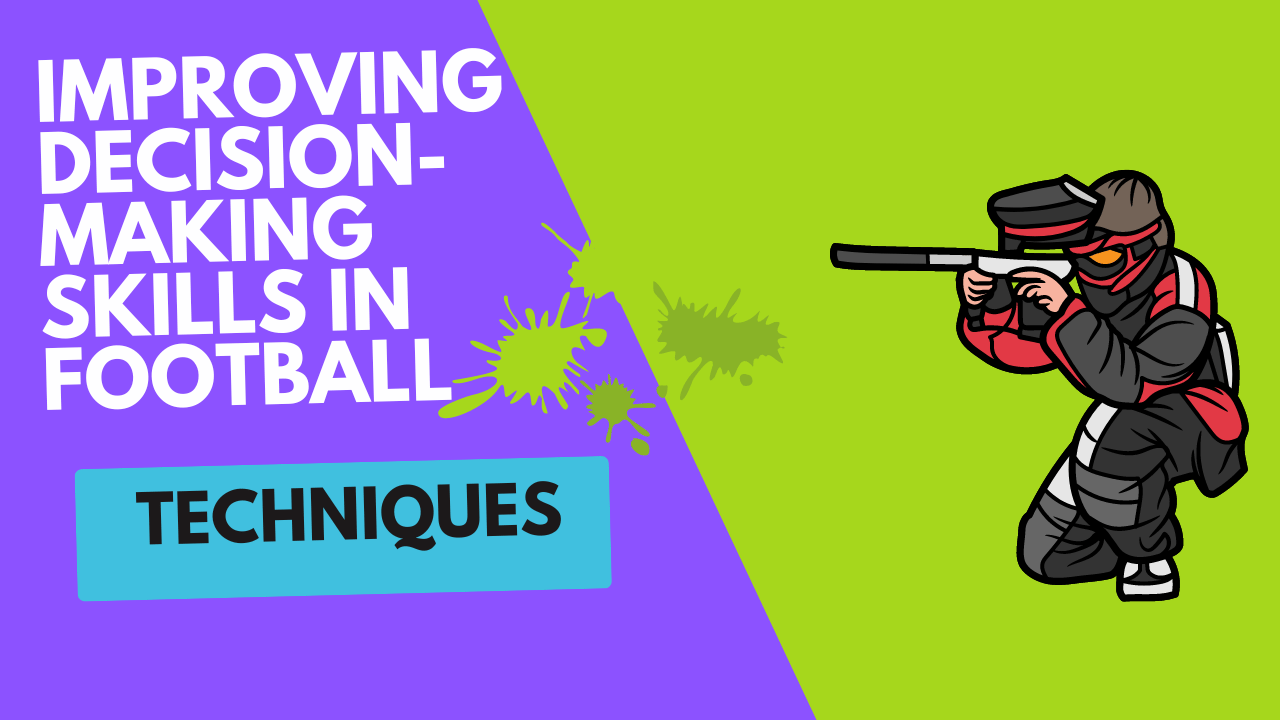In the fast-paced world of football, making quick and effective decisions can often be the difference between winning and losing. Players at all levels can benefit from improving their decision-making skills. This article explores practical techniques to enhance these crucial abilities, drawing from the latest insights and proven strategies.
Understand the Game Deeply
A profound understanding of football tactics, formations, and player roles is foundational. Players who study the game intensively can anticipate play developments, understand their options better, and make smarter choices. Engaging in regular tactical discussions with coaches and watching games with a critical eye can significantly enhance this understanding.
Practice Under Pressure
Decision-making skills are best honed under conditions that mimic real game scenarios, including the pressure. Training sessions that simulate match conditions, such as playing small-sided games or using drills that limit time and space, can prepare players to make quicker decisions. It’s about creating an environment where players feel the urgency and learn to think on their feet.
Improve Physical Fitness
Physical preparedness impacts decision-making. A player who is physically fit and can maintain high levels of concentration throughout the game is more likely to make better decisions. Regular cardiovascular training, strength training, and flexibility exercises contribute to overall fitness, which in turn, supports sharper mental acuity.
Develop Situational Awareness
Situational awareness is crucial for good decision-making. Players should practice scanning the field even when they don’t have the ball, understanding where their teammates and opponents are, and predicting how the play might unfold. This awareness allows them to make informed decisions when they receive the ball or need to defend.
Reflect on Performance
Reflection is a powerful tool for improvement. By reviewing game footage and discussing performances with coaches and teammates, players can identify decision-making errors and learn from them. This reflective practice encourages a mindset of continuous learning and improvement.
Encourage Team Communication
Clear, concise communication among teammates can significantly enhance decision-making. Players who communicate effectively can share insights about potential plays, warn about threats, and coordinate actions better. Encouraging an environment where players feel comfortable speaking up can make a considerable difference.
Mental Visualization
Mental visualization is a technique where players imagine themselves making decisions in various game scenarios. This practice can improve decision-making by preparing the mind to react swiftly in real-life situations. Spending a few minutes each day visualizing successful plays and decision-making can build mental sharpness and confidence.
Stay Calm Under Pressure
The ability to remain calm and composed under pressure is critical for making good decisions. Techniques such as deep breathing, mindfulness, or even short mental breaks during the game can help players manage stress and maintain clarity of thought.
Continuous Learning
Finally, the quest to improve decision-making skills is ongoing. Players should remain open to learning, whether from coaches, teammates, or even opponents. Embracing a mindset of growth and adaptability can lead to continuous improvement in decision-making abilities.
conclusion
improving decision-making skills in football involves a multifaceted approach that combines understanding the game, physical fitness, situational awareness, effective communication, and mental preparation. By incorporating these techniques into their training regime, players can enhance their ability to make quick, effective decisions on the field, leading to better performance and more successful outcomes.

